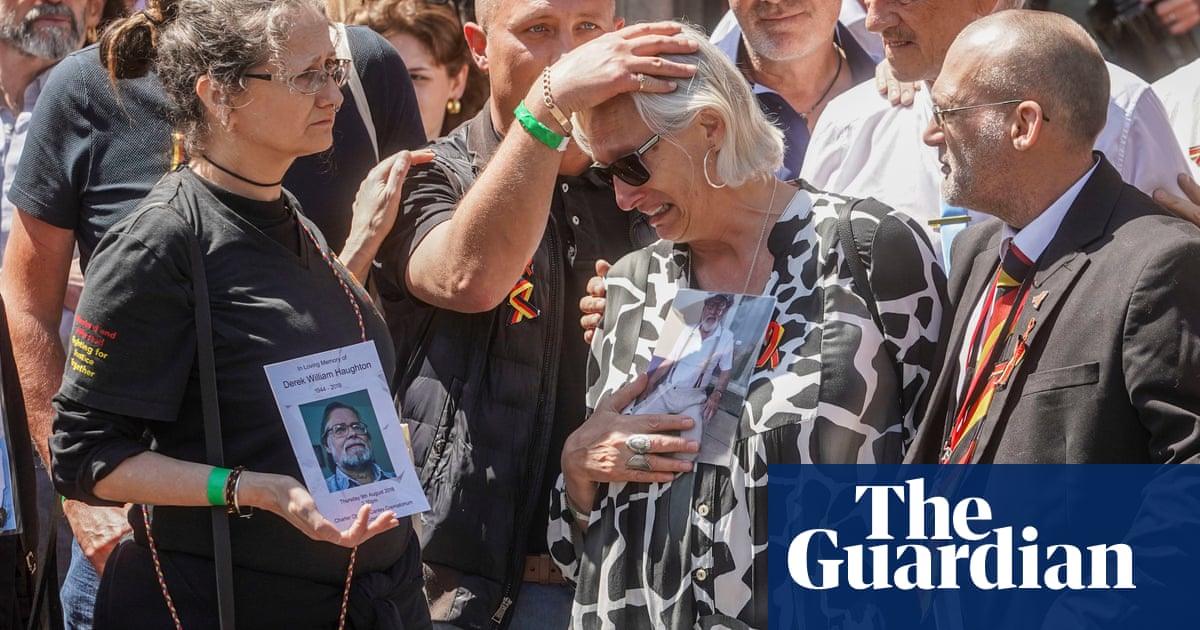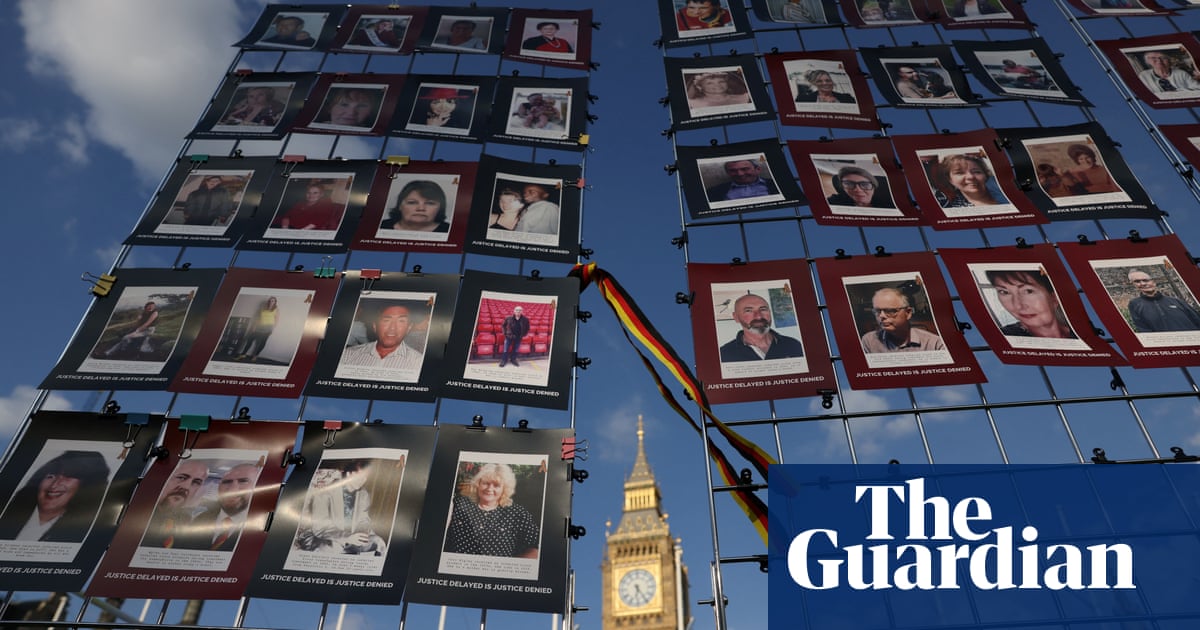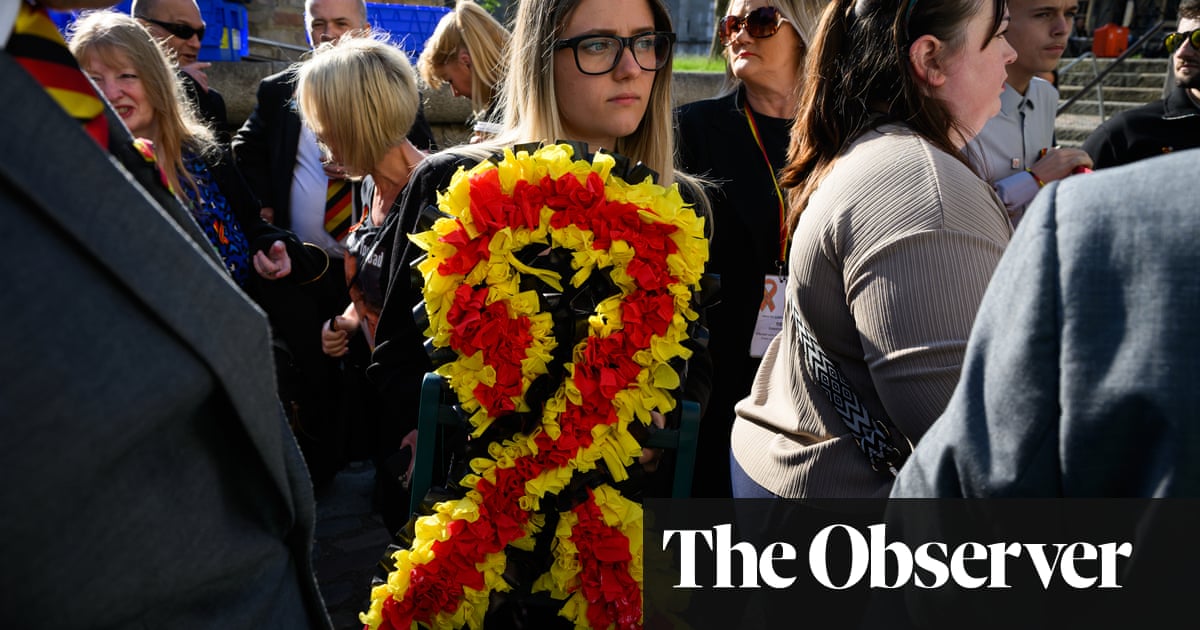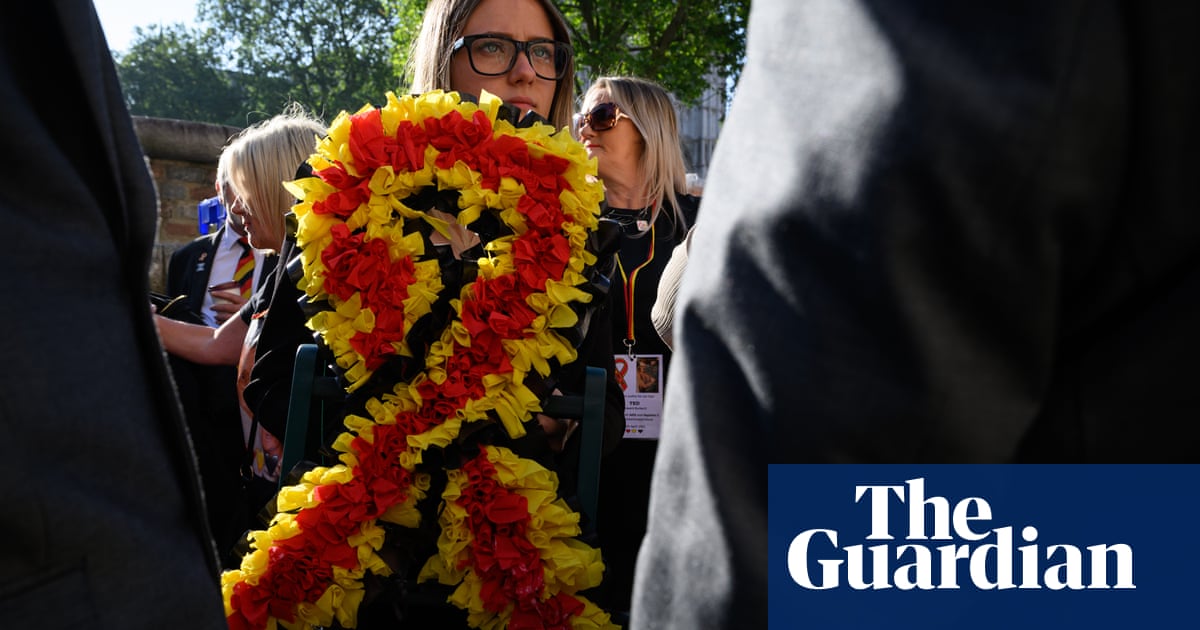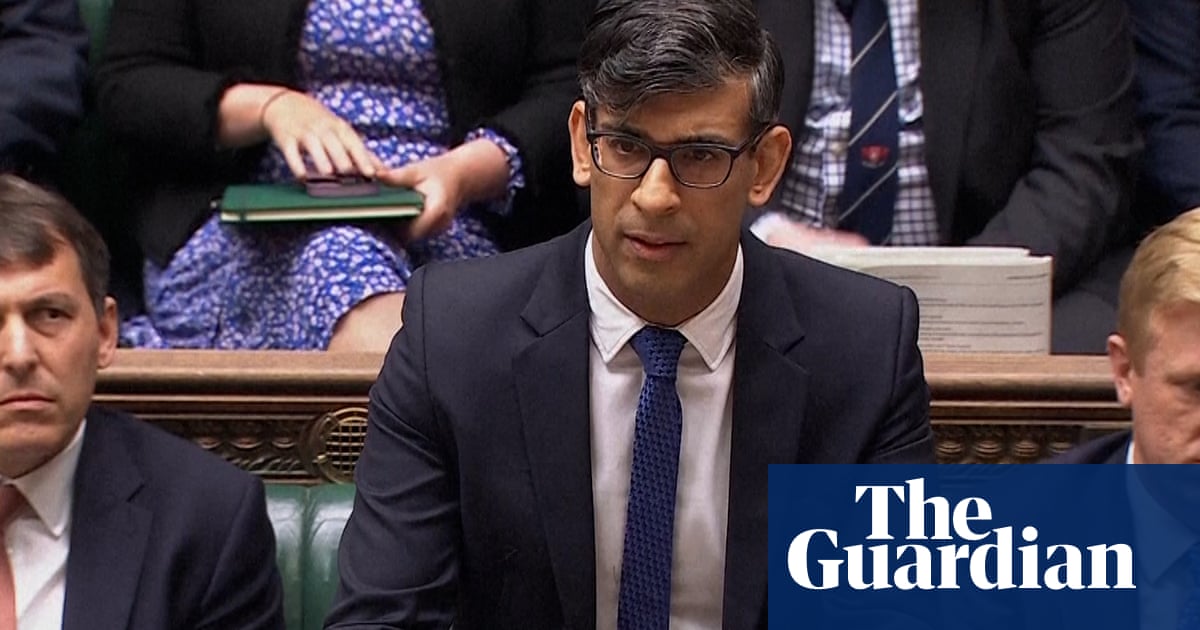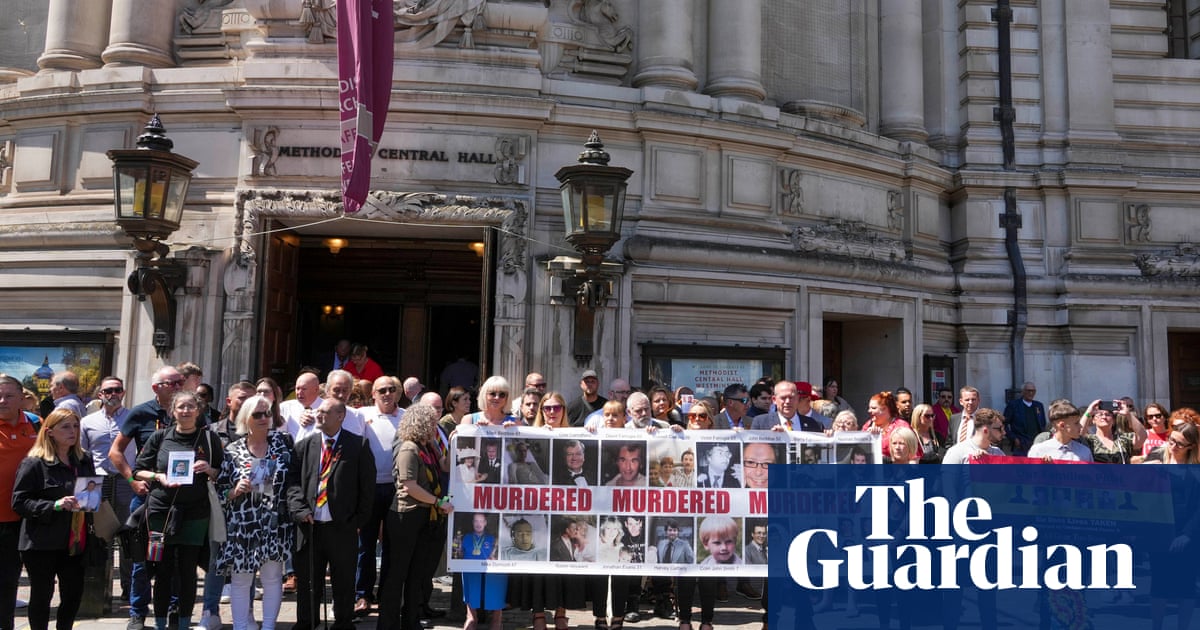
Victims of the UK contaminated blood scandal could receive more than £2.5m in compensation under a multibillion pound scheme announced a day after a damning report found the NHS and government culpable for the tragedy.
The paymaster general, John Glen, outlined details of the scheme in parliament on Tuesday, following criticism in Sir Brian Langstaff’s final report of the government’s failure to set up a compensation framework for those infected and affected by the scandal, which he had called for last year.
Reiterating Rishi Sunak’s apology over the scandal, Glen announced that Robert Francis, who wrote the report on compensation that fuelled Langstaff’s recommendations on payments, would be interim chair of a new infected blood compensation authority.
Acknowledging that people were “still dying each week from their infections” and may fear they would not live to receive compensation, Glen said that before the establishment of the full scheme, payments of £210,000 would be made to infected people who have already received interim payments of £100,000, within 90 days “so that they can reach those who need it so urgently most”.
He told MPs: “To be crystal clear, if you have been directly or indirectly infected by NHS blood, blood products or tissue contaminated with HIV or hepatitis C or have developed a chronic infection from blood contaminated with hepatitis B, you will be eligible to claim compensation under the scheme and, where an infected person has died but would have been eligible under these criteria, compensation will be paid to their estate.”
He continued: “It’s not just the harm caused by the infections that requires compensation, it’s also the wrong suffered by those affected that must also be compensated for. So, when a person with an eligible infection has been accepted on to the scheme, their affected loved ones will be able to apply for compensation in their own right. That means partners, parents, siblings, children, friends and family … who’ve acted as carers of those who are infected are all eligible to claim.”
Figures published on the government website suggested that people infected with hepatitis could receive from £35,500 in compensation for an “acute” infection, and up to £1,557,000 for the most severe illnesses caused by the virus. People living with HIV could receive up to £2,615,000, while those with both infections could get up to £2,735,000, depending on their severity.
Officials are refusing to give even an estimate of the likely total cost of the scheme, saying it depends on whether more people come forward, and how many seek payments beyond the standard metric. But the sum is believed to be about £10bn.
This will come from borrowing. While it is a significant sum, it is understood it will not affect spending plans, as one-off payments have fewer repercussions for fiscal rules than continuing fiscal commitments.
While the appointment of Francis was welcomed by campaigners, they reserved judgment on the details, and concern was expressed at the delay in interim compensation payments to bereaved relatives.
Jason Evans, the founder of the Factor 8 campaign group, whose father, Jonathan, died in 1993 after being infected with HIV and hepatitis C from a contaminated blood product, said: “The government has confirmed that for those who die between now and when the further £210k interim payment is paid to those infected still living, the payment will be made to their estates. This is welcome.
“Taken together, the government’s announcement today creates fresh disparity. Some estates may have received £310k in total interim payments by the summer, while most may have received nothing. The community requires urgent clarification on these matters. Today’s announcement will be a gut punch to most bereaved families, who have still received no compensation at all.”
His concerns were echoed by Des Collins, a senior partner at Collins Solicitors who has represented about 1,500 victims of the scandal, who said many bereaved families were “extremely disappointed that there is no information as to how the recently promised interim payment of £100,000 to be paid to estates may be claimed”.
Rachel Halford, the chief executive of the Hepatitis C Trust, said: “It is reassuring to the infected blood community that someone who understands the scandal and the people affected by it will guide this important work. While the indications of the announcement are promising, much more detail is urgently needed to clarify who will be able to access financial support and when, alongside clearer information on the future of existing blood support schemes.”
Glen said Francis would seek views from the infected blood community on the proposed scheme over the next few weeks before it was finalised but the expectation was that final payments would begin before the end of the year.
All payments will be exempt from income, capital gains and inheritance tax, as well as disregarded for the purpose of means-tested benefit assessments, and there will be a right to appeal against the level of award. Glen said that in line with Francis’s recommendations, they would reflect the impact of physical and mental injury caused by infection, the stigma and social isolation suffered, the disruption of family and private life, care costs and financial losses.
More than 30,000 people were infected with HIV, hepatitis C or both as a result of being given contaminated blood products or transfusions from the 1970s to the early 90s, and the death toll of 3,000 is rising by the week.
Until 2022, when more than 4,000 survivors and bereaved partners received interim compensation of £100,000 each after Langstaff endorsed Francis’s recommendations, only ex-gratia payments had been made. Last year Langstaff said interim payments should be extended to bereaved parents and children, and he expressed frustration when the government failed to do this prior to publication of the final report.
In Monday’s report, he said the victims of the scandal had been let down by “successive governments” who ignored warnings about the risks of contamination, engaged in a “cover-up” and resisted for decades holding a public inquiry or paying compensation.





